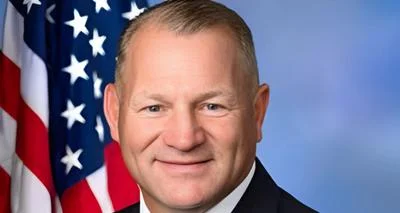The Subcommittee on Cybersecurity, Information Technology, and Government Innovation convened a hearing titled “Preparing for the Quantum Age: When Cryptography Breaks” to discuss the United States' need to update its technology and cybersecurity protocols. The session highlighted the urgency of modernizing federal IT systems to protect against potential threats from adversarial nations like China.
Marisol Cruz Cain, Director of Information Technology and Cybersecurity at the U.S. Government Accountability Office, stressed the importance of developing a robust quantum workforce. She stated that “[The] United States needs to develop a strong quantum workforce to maintain its leadership position in quantum technology, hardware, and software development.” Cruz Cain emphasized that education programs and sustained investment are crucial for advancing these technologies.
Denis Mandich, Chief Technology Officer at Qrypt, warned about the rapid progress in quantum computing. He noted that “The timeline is shrinking... Delay is not just risky, it’s irrational.” Mandich expressed concerns over complacency in addressing these advancements.
Subcommittee Chairwoman Nancy Mace (R-S.C.) highlighted the role of her committee in ensuring cybersecurity for federal technology. She remarked that foreign adversaries are employing strategies like "steal now, decrypt later" with hopes that today's data will remain valuable when they possess quantum computing capabilities.
Dr. Scott Crowder from IBM Quantum Adoption discussed the necessity for both government and industry to become "quantum safe and quantum ready." He mentioned that existing encryption vulnerable to quantum computers should be disallowed by 2035 as recommended by NIST.
Concerns were raised about China's technological capabilities compared to those of the United States. Mr. Mandich pointed out China's secretive approach towards their advancements in AI and quantum computing.
Rep. Eli Crane (R-Ariz.) voiced worries about Chinese international students potentially contributing to technological competition between China and the U.S., while Rep. John McGuire (R-Va.) questioned Dr. Crowder on areas where U.S. quantum innovation might be at risk from foreign adversaries.








